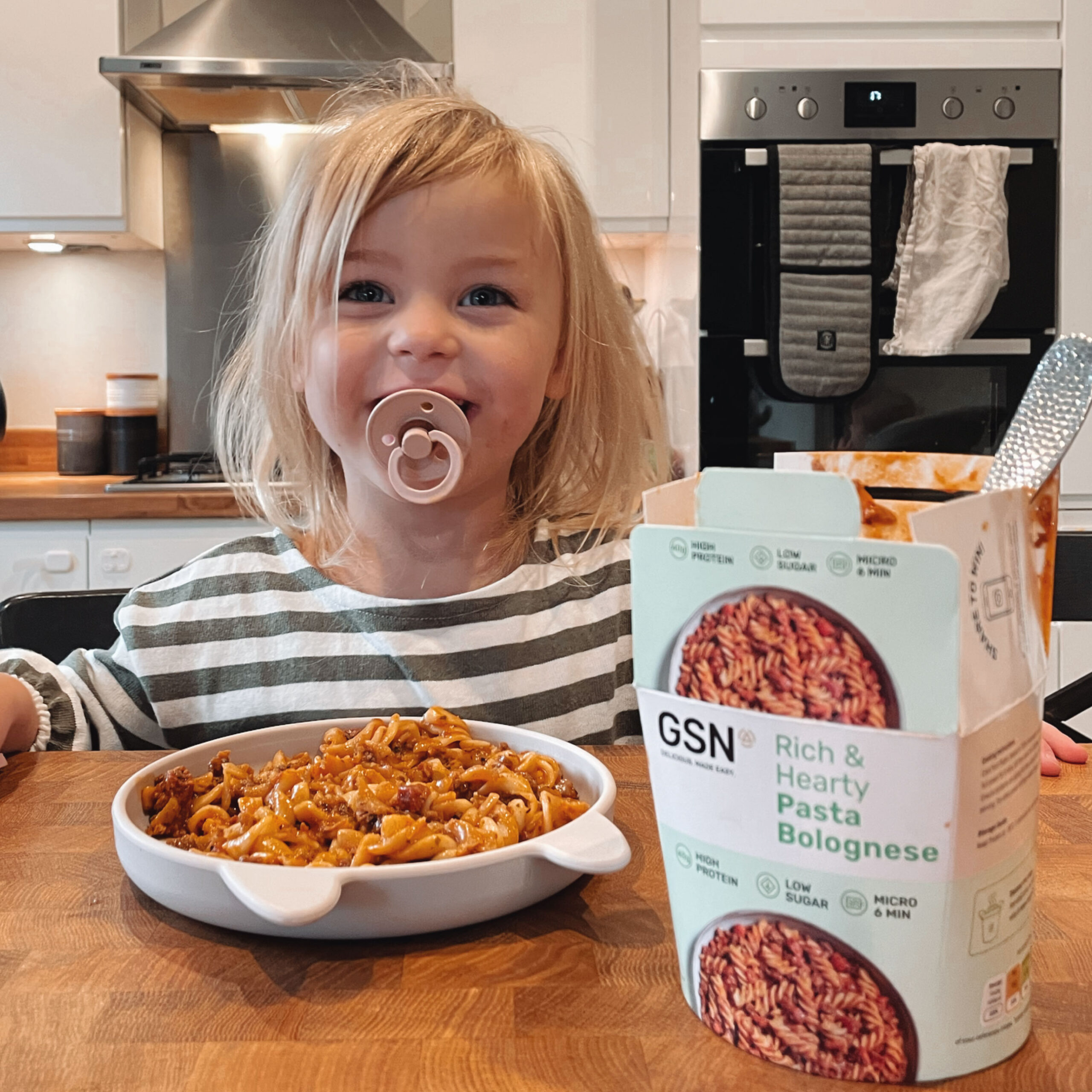

Loading...

Loading...
The first 1,000 days of a child’s development are incredibly powerful in shaping their future health and wellbeing. This period consists of pregnancy and then the first two years of the child’s life.
Focusing on nutrition as a busy new mum is hard. We all know that what we eat is important and that we should prioritise it more – no surprises there! It’s the “how” that is often difficult. I feel you; I really do. So often we are “too busy to eat” or “too rushed to have something nourishing”. I have said these phrases before, and I am sure you have too. But at the end of the day, we all have a right to food that nourishes us.
The reality is that food can be both healthy and quick – so eating well can fit into your lifestyle, no matter how busy you are. Motivating ourselves to make that change often just requires us to learn more about the power of proper nourishment.
The first 1,000 days of a child’s development are incredibly powerful in shaping their future health and wellbeing. This period consists of pregnancy and then the first two years of the child’s life.
These 1,000 days provide mothers and fathers with an enormous opportunity, as this is the period when a child’s brain begins to develop and the foundations of their lifelong health are built. On the flipside, poor nutrition during this window can set the stage for chronic disease such as obesity and diabetes, and in some cases may cause irreversible damage to the brain, affecting the child’s long-term neurological development.
Whilst your baby is in utero, you have an advantage: you can nourish your body and know that the goodness is being passed on to your baby. It’s also worth bearing in mind that babies develop taste in the womb, so eating a good variety of foods during pregnancy can help prevent fussy eating.
Once born, and especially from 6 months when weaning takes place, your baby is like a sponge. They watch, notice and will copy everything that you do, and food habits are no exception. Setting good examples and demonstrating a balanced and healthy diet is one of the greatest lessons we can teach our little people, and it all begins with nourishing ourselves.
Our brains are much like cars; they function best when supplied with premium fuel. A diet that’s balanced with complex carbohydrates, quality protein sources, healthy fats and ample fruits and veggies is the recipe for a well-functioning brain.
Meanwhile, when the quality of nutrition drops off, our mental function and productivity in life tend to do the same. We battle with symptoms like impaired decision making, brain fog, forgetting our words and relentless fatigue. This should come as no surprise, given the strong links between nutrition and our brain health.
As a busy mum juggling all the plates and wearing every hat for your child – teacher, chef, entertainer, laundrette, cleaner, nappy changer, taxi, milk parlour – your brain will need all the help it can get to preserve some clarity. Avoid poor food choices when you can, and make sure you’re getting key nutrients such as omega 3 fatty acids and antioxidants to help nourish the brain and protect it from cell damage.
Thankfully, in today’s world we are opening up more and more about mental health. And even better, we are considering more holistic ways to manage our wellbeing. Exercise and nutrition are rightly at the forefront of the discussion around this. There is a complex but powerful connection between our gut and our brain commonly termed the ‘gut-brain axis’.
The trillions of microbes living in our gut make up our gut microbiota. Recent studies are linking the health of this community of microorganisms to many diseases, including symptoms of mental health disorders such as depression. The more diverse and thriving our gut microbiota, the better our wellbeing and the lower our probability of experiencing symptoms of depression.
Put simply, the most direct route to a healthy gut is through the food we eat. Start by focusing on eating non-processed foods, including a wide variety of fruits, vegetables, nuts, seeds, legumes, and whole grains. The great thing about this dietary change is that it doesn’t have to be complicated or time-consuming. Think about choosing mixed berries over just blueberries, or a stir fry mix over just broccoli. Small, easy changes like these make a big difference when they become part of your routine.
Now, I would love to say I spend hours each day picking fresh local ingredients and preparing everything in my kitchen for my family – but the reality is I just do not have the time for this in my working mum life.
However, I also do not want to be consuming ultra-processed, high-saturated-fat, salt-laden foods either. Sometimes I need healthy, tasty and quick food, and that is why having GSN in my freezer is so helpful in my life. I know the meals are nutritionally balanced, which is why they have been my go-to for many years when it comes to fitting good nutrition into busy days.
